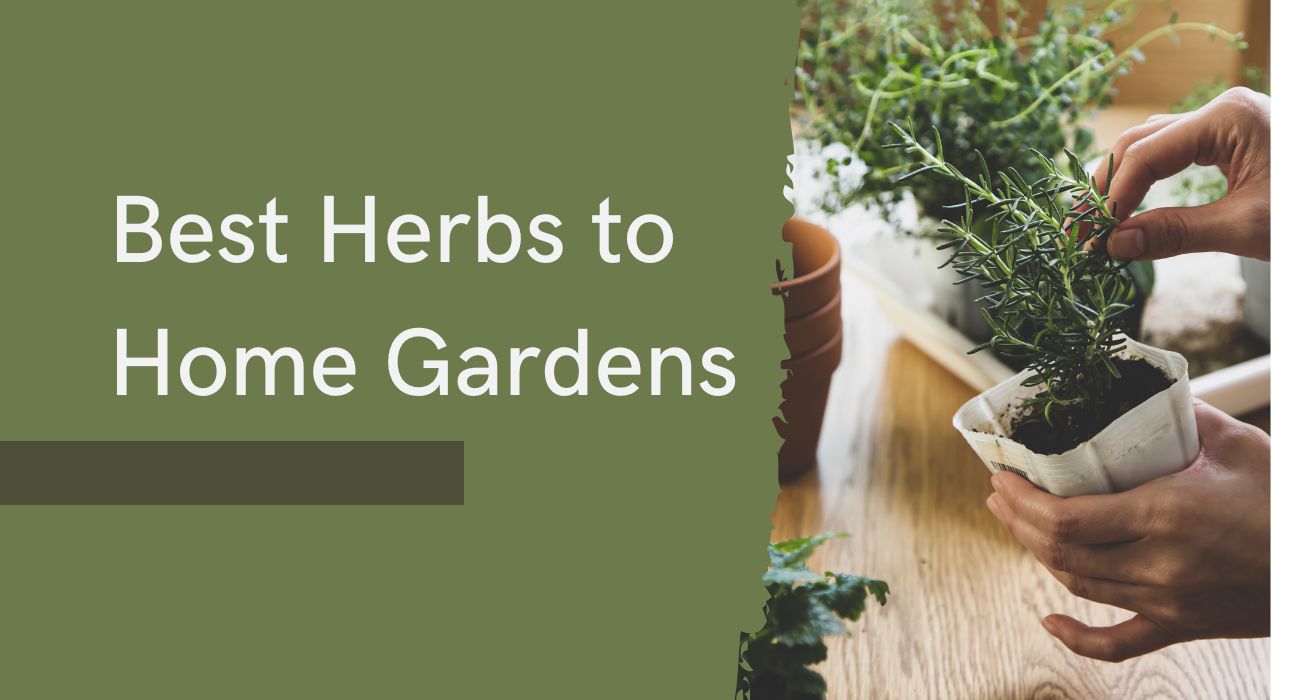An Introduction to Growing Herbs
Starting a herbal garden at home offers numerous benefits beyond just visual appeal. It allows you to enjoy the fresh flavours and aromas of herbs directly from your garden. Whether you have ample space or a small balcony, growing herbal plants can be tailored to suit your environment. This activity not only enhances your living space but also brings a touch of nature into your daily life.
To begin, choose herbs that are well-suited to your local climate and the space available. Some herbs thrive in full sunlight, while others prefer partial shade. The right selection can make a significant difference in how well your garden grows.
Additionally, consider the soil quality and watering needs of each plant. Many herbs require well-drained soil and consistent watering to flourish. With proper planning and care, your herbal garden can become a sustainable source of fresh herbs, ready to be used in cooking, teas, or as natural remedies.
By investing time in setting up your garden thoughtfully, you’ll be rewarded with a thriving collection of herbal plants that bring both joy and utility to your home.
Well-Known Culinary Herbs
Culinary herbs bring a touch of garden-fresh goodness to your kitchen. Among the most sought-after is basil, known for its vibrant flavour and versatility. It pairs wonderfully with tomatoes, making it a staple in Italian cuisine, and can elevate dishes like pesto, bruschetta, and caprese salad.
Thyme is another essential herb, appreciated for its robust, earthy aroma. It’s a staple in Mediterranean cooking and works beautifully in marinades, roasted vegetables, and casseroles. Thyme also blends well with other herbs like rosemary and oregano, creating complex flavour profiles.
Parsley is often underestimated but deserves a spot in your culinary garden. Its bright, slightly peppery taste adds a fresh note to soups, stews, and salads. Curly and flat-leaf varieties offer different textures and flavours, making parsley a versatile ingredient.
Coriander, known for its distinctive citrusy taste, is a favourite in Asian, Latin American, and Middle Eastern cuisines. Its leaves and seeds are both used in cooking, offering a unique flavour that enhances a variety of dishes from curries to salsas.
Medicinal Plants with Herbal Benefits
Herbal plants have long been valued for their healing qualities, and having them in your garden means you can conveniently access these benefits. Lavender, for instance, is renowned for its calming and anti-inflammatory properties. Often used in aromatherapy, it can help to reduce anxiety and promote better sleep.
Another beneficial herb is chamomile, known for its gentle, soothing effects. It’s frequently made into a tea that aids in relaxation and improving sleep quality. Chamomile’s anti-inflammatory and antioxidant properties also make it a great addition to natural skincare routines.
Echinacea is celebrated for its immune-boosting properties, often used to help ward off colds and infections. Growing this vibrant plant in your garden not only adds beauty but also offers a natural way to support your health.
Aloe vera is another must-have, famous for its skin-soothing properties. The gel from its leaves is often applied to burns, cuts, and other skin irritations, providing quick relief and promoting healing.
Fragrant Herbs for Your Garden
Fragrant herbs not only beautify your garden but also provide delightful aromas. Rosemary is an exceptional choice, known for its strong, woody scent that invigorates any space. Its evergreen nature ensures your garden remains vibrant year-round.
Lavender, with its lovely purple flowers, offers a sweet, floral aroma that is both calming and pleasing. It’s ideal for creating a tranquil garden atmosphere and can be used in various homemade crafts and sachets.
Lemon balm, with its refreshing lemony fragrance, is perfect for infusing in teas or simply enjoying its scent in the garden. It’s a hardy herb that grows well in different conditions, making it a versatile addition.
Sage, with its earthy and slightly peppery scent, is another excellent herb for your fragrant garden. It’s often used in cooking, but its aromatic leaves also make it a wonderful garden feature.
By incorporating these aromatic herbs, you can create a sensory experience that enhances your garden’s ambience and adds a touch of nature to your daily life.
Simple-to-Grow Herbal Plants
Choosing easy-to-grow herbal plants is perfect for novice gardeners. Mint is a robust herb that thrives in various conditions and spreads quickly, making it ideal for container gardening to keep it in check. Its refreshing taste is perfect for teas and culinary uses. Another great choice is oregano, which is hardy and drought-tolerant, providing a wonderful addition to Mediterranean dishes.
Basil is another straightforward herb to cultivate, especially during warmer months. It grows rapidly and can be harvested continuously throughout the season. Its aromatic leaves are excellent for enhancing numerous recipes. Dill is a fast-growing herb that requires minimal care and offers both culinary and ornamental benefits with its feathery foliage and yellow flowers.
These herbs not only provide fresh flavours for your kitchen but also require minimal effort, making them ideal for beginners looking to cultivate a productive and enjoyable herbal garden.
Herbal teas provide a wonderful way to enjoy both the flavour and benefits of various herbs. Lemon balm, known for its calming properties, offers a delightful citrusy taste that makes a soothing tea, perfect for unwinding. Peppermint, celebrated for its invigorating and cooling effects, provides a distinct, refreshing flavour that can aid digestion and enliven the senses. Chamomile is another excellent herb for tea, valued for its gentle, relaxing effects that promote better sleep. Its delicate, apple-like taste makes it a favourite for evening infusions. For a unique twist, try brewing rosemary tea. Its strong, woody flavour offers a refreshing alternative and can help to invigorate and clear the mind. Thyme tea, with its robust and earthy notes, is not only enjoyable but can also provide relief from respiratory issues due to its antibacterial properties. By cultivating these herbs in your garden, you can easily prepare a variety of healthful and delicious teas, tailored to your preferences and needs.
